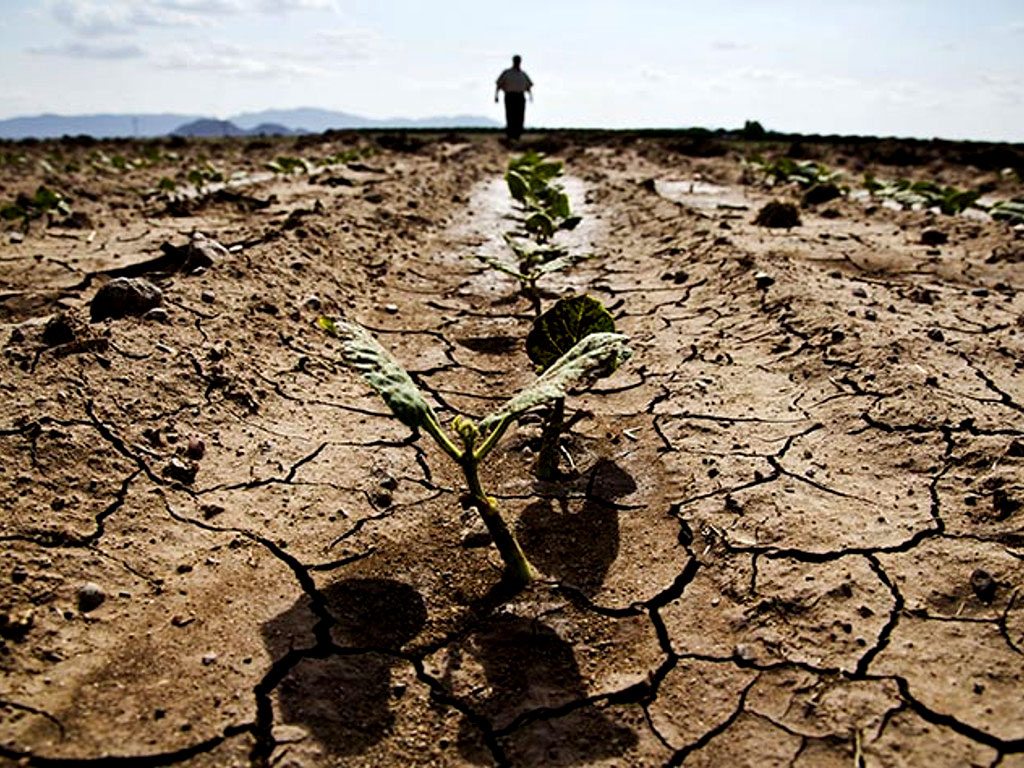Confronting 'climate apartheid'

The UN has published a new report spotlighting the effects of climate change on the issue of poverty, saying the world is on course for "climate apartheid" where the rich pay to escape overheating, hunger and conflict while the rest of the poor, responsible for just a fraction of global emissions, will bear the brunt of climate change and have the least capacity to protect themselves. The report, submitted to the UN Human Rights Council by its special rapporteur Philip Alston, portrays a grim picture of people suffering due to climate change, and of the things to come unless governments do more than meeting the Paris Agreement target of limiting greenhouse emissions to 1.5 C above the pre-industrial levels. It laments that states have marched past every scientific warning and threshold, and what was once considered catastrophic warming now seems like a best-case scenario. Nonetheless, Alston notes that there have been some positive developments, with renewable energy prices falling, coal becoming uncompetitive, emissions declining in 49 countries, and 7,000 cities, 245 regions and 6,000 companies committing to climate mitigation.
But the damage already done presents serious challenges. Highlighting the danger of over-reliance on the private sector in dealing with effects of climate change, Alston cites the example of New York when the Hurricane Sandy that hit in 2012 and helpless citizens were stranded without power or healthcare, while "the Goldman Sachs headquarter was protected by tens of thousands of its own sandbags and power from its generator." Inequality in responses to recurring extreme events is far more pronounced in poor countries, as seen in Pakistan during the recent years when recurring floods struck vast swathes from Khyber Pakhtunkhwa to southern Punjab and Sindh. Numerous lives perished, homes were destroyed and livelihoods dependent on agriculture lost. Many of the survivors with nowhere to go remained stranded on patches of dry land for more than a year whilst the rich and powerful landowners not only found safety in their big city mansions but in certain instances managed to save even their own farmlands from floodwaters by managing to create breaches in levees and embankments protecting other people's homes and farmlands. The prognosis for the future is even bleaker. According to the present report, climate change threatens to push more than 120 million more people into poverty by 2030, and will "have the most severe impact in poor countries, regions and the places poor people live and work." Furthermore, extreme climate could see 100 to 400 million more people at risk of hunger and 1 to 2 billion without access to adequate water. Crop yields could drop by 30 percent by 2080, while disease and heat stress could cause an additional 250,000 deaths per year by 2030.
Pakistan being the world's 7th most vulnerable country to climate change has a lot to worry about this dire warning. Unfortunately, so far the policymakers have shown little interest to deal with the impeding threat. The issue figured nowhere in the previous governments' priorities. The present one has indicated a resolve to do the needful but is yet to take tangible measures except for a tree-plantation campaign. Aside from devising a well thought-out strategy to mitigate the impact of global warming, it needs to recognise, as implored by the UN report, that basic human rights - to life, food, housing and water - will be dramatically affected by climate change. And that calls for action before it is too late.




















Comments
Comments are closed.